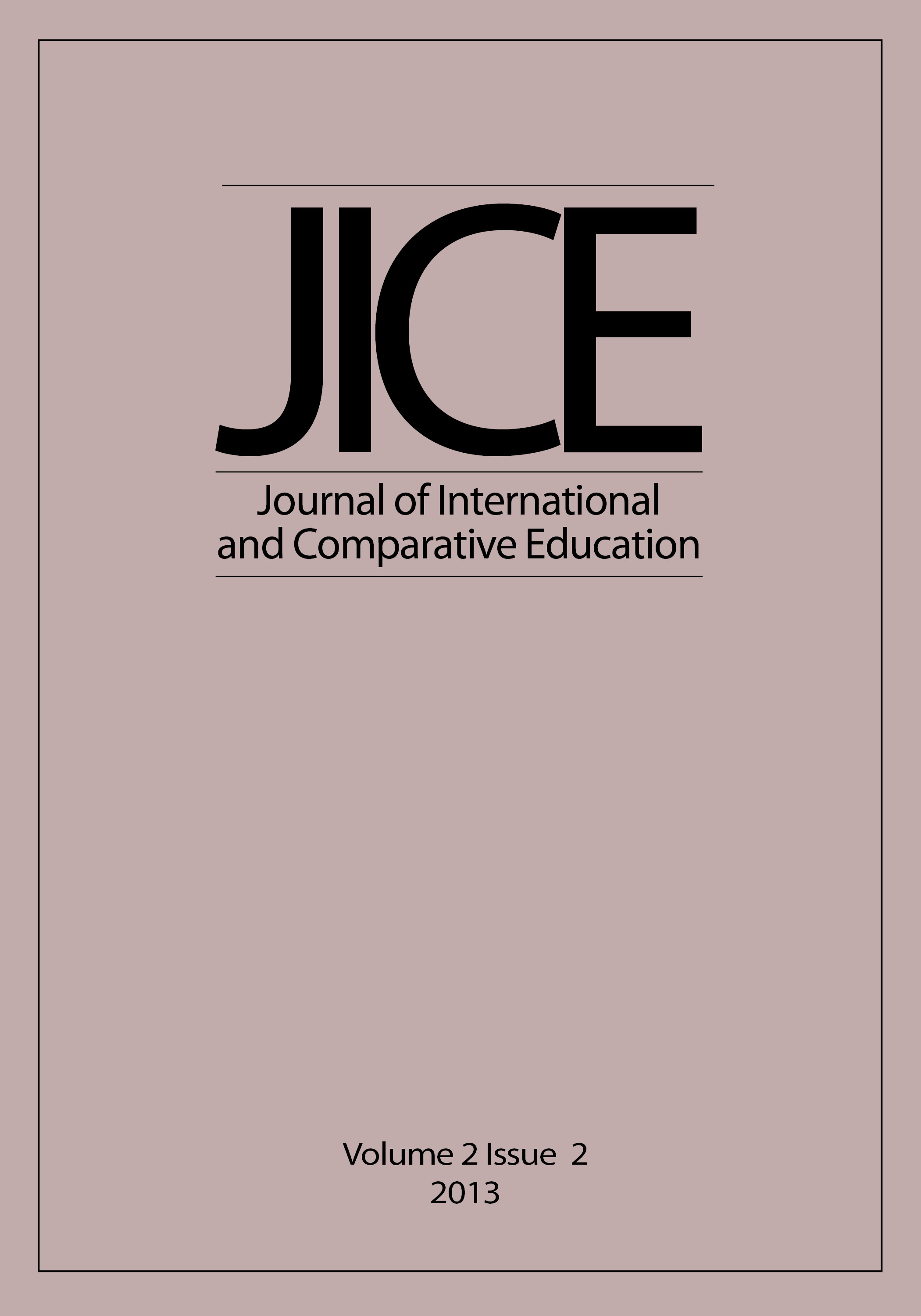The Role of English Medium Instruction in the Internationalisation of Japanese Universities: Approaches, Rationales, and Implications
DOI:
https://doi.org/10.14425/jice.2024.13.1.1230Keywords:
English Medium Instruction (EMI), Internationalisation of Higher Education (IoHE), Internationalisation at Home (IaH), Internationalisation of the Curriculum (IoC), JapanAbstract
In response to the economic pressures of globalisation, the Japanese government has sought to internationalise its universities while at the same time attempting to protect Japan’s culture. To achieve its goals, namely the increase in the number of international students and the development of human resources, it has initiated a number of top-down, quantitative policies which promote the Internationalisation of Higher Education (IoHE) through an increase in the provision of English Medium Instruction (EMI) courses. This paper provides a critical analysis of the government’s approach and how the policies have been implemented by universities. The paper contends that the government’s approach has enabled universities, which do not wish to make substantive changes to their curricula, to peripheralise EMI courses. The consequence of this is that the government’s current approach of promoting EMI to internationalise Japanese universities is unlikely to achieve its goals.
Downloads
Downloads
Published
How to Cite
Issue
Section
License

This work is licensed under a Creative Commons Attribution-NonCommercial-NoDerivatives 4.0 International License.
The Journal of International and Comparative Education (JICE) is licensed under a Creative Commons Attribution-NonCommercial-NoDerivatives 4.0 International License







